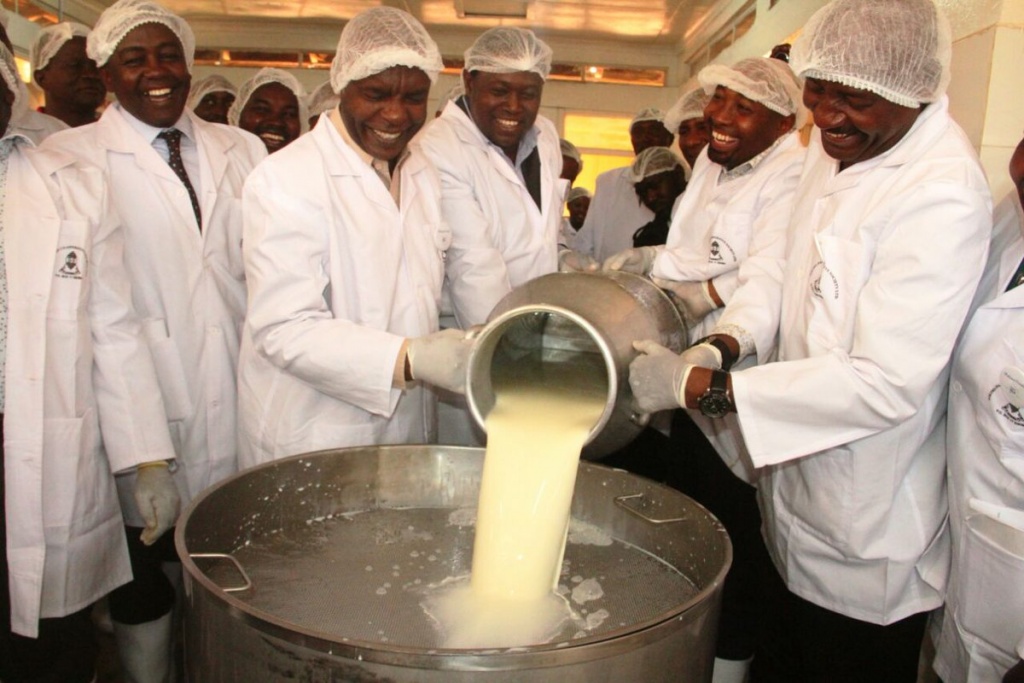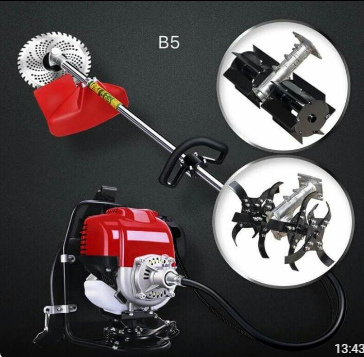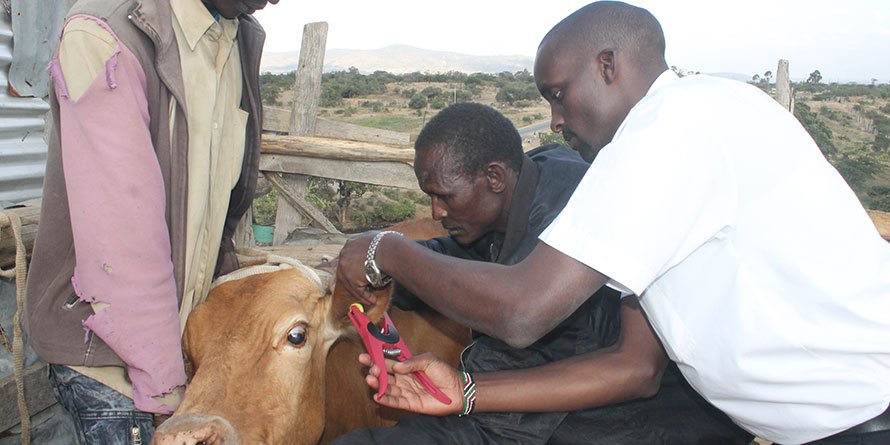
The county government of Makueni and Kikima Dairy Farmers Cooperative Society yesterday commissioned Kikima Dairy plant worth Sh25 million shilling with the capacity to process and pack 300 litres per hour and 6600 litres in a day helping farmers avoid any milk wastages.
The dairy plant based in Mbooni Sub-county and owned by the Kikima Dairy Farmers Cooperative Society makes Makueni County to be the first to sell its own branded milk dubbed Makueni Fresh milk making it the first dairy product to be processed in the county.
RELATED ARTICLE: Farmers group help Makueni farmers milk cash from mangoes
“Kikima Dairy Plant has now started production of fresh milk. Our farmers will no longer worry about wastage and lack of market,” said Governor Kivutha Kibwana on his twitter handle yesterday.
“Makueni Fresh milk hits the Market. Makueni has now joined the league of milk producers with the commissioning of Kikima Dairy Plant.”
The plant will increase milk processing in the country from 17 million litres of milk annually in the previous years to 18 million litres annually which is still below the consumption demand of 340 million litres annually. However, this guarantees market for Makueni Fresh.
RELATED ARTICLE: Planned milk plants promise brighter days for Narok farmers
The cooperative society has already made contact with supermarkets such as Mulleys, Naivas, Ngooni and Jimelli to supply them with the milk.
In order to boost milk production among smallholder farmers in Makueni, the county stated a subsidized Artificial Insemination (AI) project aimed at gradually improving the genetic quality of milking cows.
RELATED ARTICLE: Milk processing plant takes urban dwellers back to farms
In this project farmers are required to pay only Sh300 per service whereas the government through the department of Agriculture, Livestock and Fisheries settles the balance.
According to the Kenya Animal Genetic Resources Centre (KAGRC) the price of an AI service in the market ranges from Sh1, 500 to Sh4, 000 depending on the source of the semen.
Since the AI project started in June 2014 and to date over 8,000 inseminations have been performed with over 5,000 calves born in the county.
RELATED ARTICLE: Milk chilling plant changes fortunes of 6800 Rift farmers
Write comment (0 Comments)
















